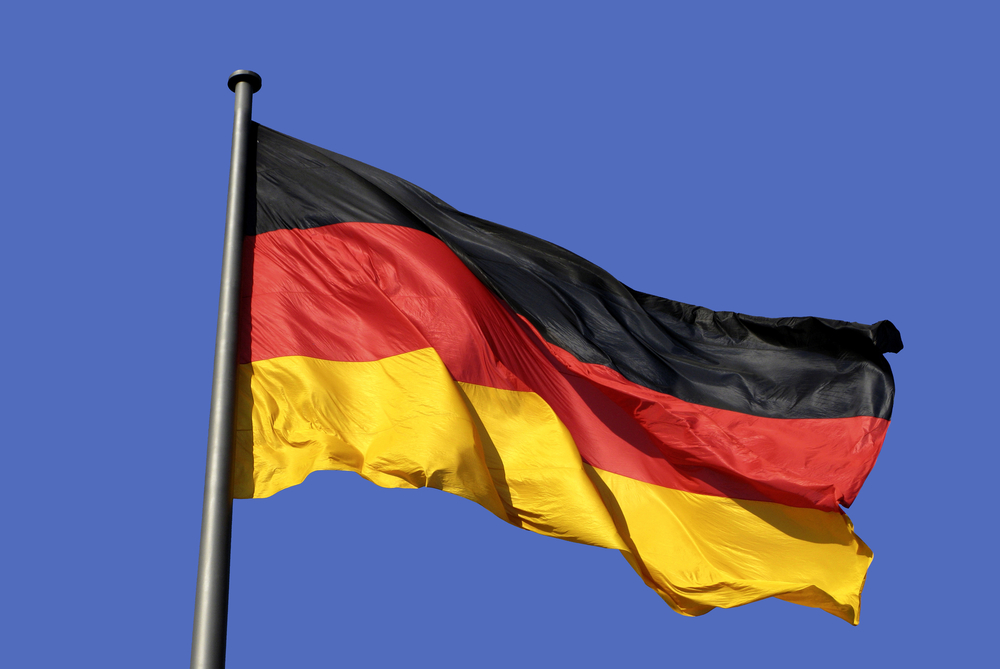Germany is the second largest provider of official development assistance in the world. This year is the federal election year in Germany. How will the election results affect Germany's future development policy model? How can competition among foreign, security, development, economic and climate policies be transformed into productive complementarities? The seven principles of German development cooperation policy for the 21st century proposed by the German Development Institute help to answer these questions.
Total words1657About6minutes
Author: Julia Sun
The German federal election will be held in September this year. Since Merkel will no longer run for election, the 13-year "Merkel Era" is coming to an end. How will the election result shape Germany's development cooperation policy? Will Germany's future foreign, security, development, economic and climate policies compete with each other or effectively complement each other? These questions will be answered after the election results are known.
Germany is the second largest provider of official development assistance in the world, spending $23.8 billion on official development assistance (ODA) in 2019, equivalent to 0.60% of gross national income (GNI). In May 2020, the German Federal Ministry for Economic Cooperation and Development (BMZ) released the 2030 Reform Strategy, pointing out that the main goal of foreign aid is to fight hunger and poverty and achieve the 2030 Agenda for Sustainable Development. Germany's foreign aid focuses on five areas: peacebuilding, food security, training and sustainable growth, climate and energy, environment and natural resources, with a focus on Africa and the Middle East.
BMZ was founded in 1961. For more than 60 years, the focus of Germany's development cooperation policy has been changing with the international situation. It has focused on promoting economic growth, meeting basic needs, supporting structural adjustment, promoting good governance, the Millennium Development Goals and the Sustainable Development Goals.
In recent years, global challenges such as climate change and the new crown epidemic have continued to increase, and countries are actively seeking common solutions. The German Development Institute (DIE) [1] believes that in the future, German development policy will focus on sustainable development, create equal partnerships, set standards for maintaining global common interests, and respond to common challenges faced by the world. On this basis, the German Development Institute proposes seven principles for German development cooperation policy in the 21st century.
1. Development policy is a transformative structural policy to achieve sustainable development.To ensure the long-term survival of human beings on the planet, social and economic systems need to be completely reformed, and the institutional, technological and economic infrastructures that support the acceleration of sustainable use of social and natural resources will be established.
Second, development is a global challenge centered on the right of every individual to self-determination.Global development cooperation should be further structured to support self-determination for all, especially those at the bottom of society. This shift will require Germany to cooperate on development policies with low-income countries, emerging economies and high-income countries.
3. Development arises from the process of building and realizing a sustainable future, not automatically from economic growth or poverty eradication.In other words, development cannot be achieved until absolute poverty is eradicated and social, political, economic and cultural participation is achieved.
Fourth, development requires cross-sectoral and cross-field cooperation.Both the United Nations 2030 Agenda and the German Sustainable Development Strategy point out that sustainable development is a cross-sectoral and cross-policy field task, which can only be achieved through cooperation between various ministries, various decision-making levels (local, regional, national, global) and multi-field This can only be achieved through close cooperation. Therefore, a strong governance structure equipped with the necessary decision-making powers and resources is a prerequisite for sustainable development.
5. A sustainable future can only be achieved by local actors.The future is different depending on the environment, and sustainable development cannot be achieved only through external standards or external support. Development policy should be grounded in equality, through continuous exchange and dialogue through cooperation, to build a consensus on the future and drive positive change at the local level.
6. Development policies should adopt a global perspective and promote interregional community dialogue.The approach aims to protect sustainable development and global common interests, including: social equality and poverty eradication, a prosperous and climate-neutral economy, healthy ecosystems, a stable climate, biodiversity and cultural diversity. Furthermore, the COVID-19 pandemic has highlighted the importance of sustainable financial markets, digital and economic structures, strong social protection, food and healthcare systems, education, science, research and innovation, and the promotion of rules-based regional and multilateral cooperation. These policies and mechanisms are critical to improving development effectiveness.
7. Development policies promote multilateral mechanisms and multilateral cooperation.Development policies should support the formation of multilateral standards and rules for the global common good and a sustainable future, and support multilateral cooperation on the basis of bilateral and European cooperation.
This article was first published on the WeChat public account "International Development Observation". All rights reserved, please indicate the author and source when reprinting.
[1] The German Development Institute (Deutsches Institut für Entwicklungspolitik, DIE) is a well-known German think tank that supports public policies related to global sustainable development through interdisciplinary research, policy advice and training. DIE ranks third in the list of top think tanks for international development in the 2019 Global Go To Think Tank Index Report.
references
https://www.oecd.org/dac/peer-reviews/peer-review-germany.htm
https://donortracker.org/country/germany
Past review
